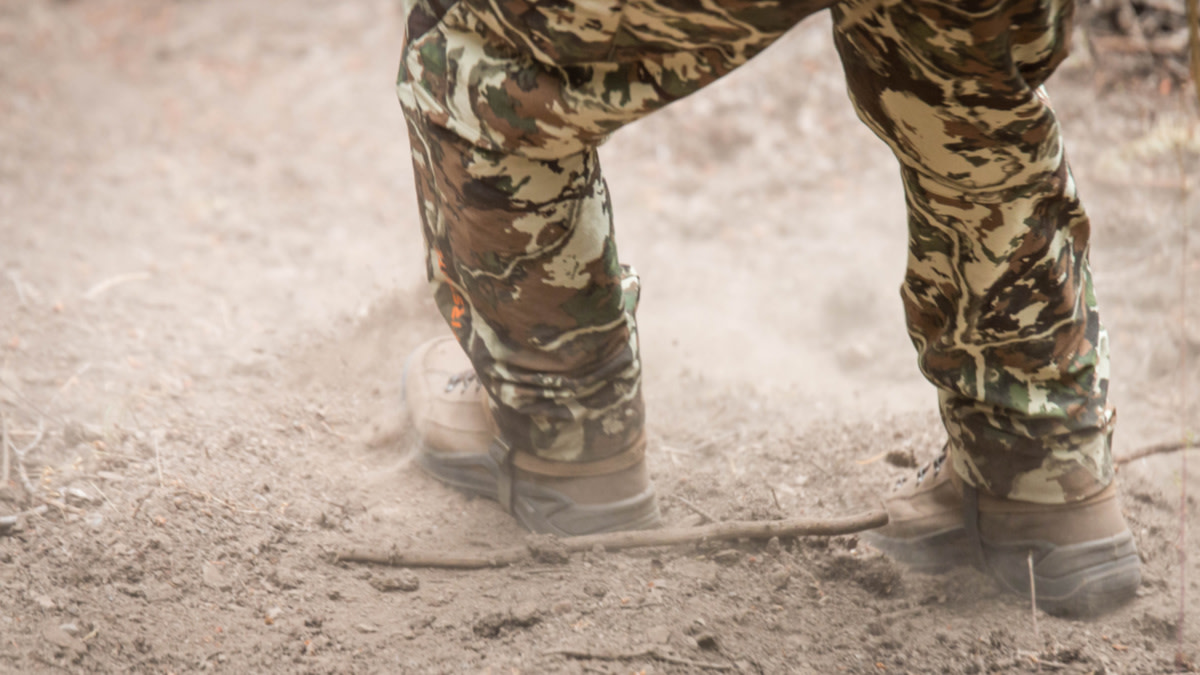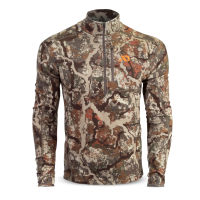
First aid and survival kits are the most important items in your hunting pack. All hunters and anglers need to be prepared to ride out unplanned nights in the woods and to treat injuries to themselves or their partners. As the saying goes, “Hope for the best and prepare for the worst.”
The contents of your first aid and survival kits may change depending on the location of the hunt, weather and other factors. A quick jaunt to the neighbor’s back 40 for cottontails doesn’t require a major survival kit, but a winter waterfowl float hunt down a remote river full of ice demands specific survival gear. If you’re on an extended, solo backcountry wilderness hunt far from any sort of immediate help, you need to have all your first aid and survival bases covered.
You may notice that some of the items listed below were also present on our list of essential gear to carry in your hunting pack, but they bear repeating here. Also, take note of redundant backups that serve as an insurance policy against crucial items that might get lost or broken.
First Aid
First off, all hunters should become first aid and CPR certified. This knowledge may end up saving someone’s life—or your own. Some hunters go the extra mile and take a Wilderness First Aid course, which is more involved but provides advanced backcountry skills.
You can buy ready-made wilderness first aid kits from any number of outdoor retailers. Some are very small and contain only basic items. Others have everything you might possibly need and more but are so bulky you’d never want to pack them around in the woods.
It’s a good idea to start with a basic first aid kit and customize it by adding simple items you know you’ll need eventually and others that you hope you’ll never have to use but can’t afford to leave behind.
- Prescription medication
- Antiseptic wipes
- Antibacterial ointment
- Adhesive bandages
- Butterfly bandages
- Gauze pads
- Waterproof medical tape
- Moleskin for blisters
- Painkillers: ibuprofen, acetaminophen or aspirin
- Antihistamine allergy pills
- Razor blade
- Tweezers
- Safety pins
- Irrigation syringe
- Cloth triangular bandage for sling/splint
- SAM splint
- Rolled gauze
- Alcohol cleansing pads
- Hemostatic wound pads (as discussed on a previous MeatEater episode)
- Waterproof gel wound pads
- Super Glue
- Needle and thread
- Diarrhea medication
- Antacid tablets
- Cough drops
Survival
As noted earlier, different hunts demand different survival items. You may need to shuffle the contents of your survival kit based on what you’ll be doing, but always err on the side of caution in any situation where you’ll be a long ways from cell service or civilization.
- 2 lighters wrapped in several layers duct tape
- Magnesium striker as a waterproof backup lighter
- Waterproof fire starter kit: cottonballs rubbed with Vaseline, fatwood, etc.
- Water purification system: UV filter and iodine tablets
- Emergency blanket
- Compass
- Signal mirror
- Whistle
- Extra headlamp
- Extra batteries
- Benchmade knife
- Multi-tool
- Paper maps
- GPS unit
- Paracord (50 ft.)
- Water bottle
If it’s at all possible that you might have to spend a night out in the woods, consider carrying a sleeping bag and a small tarp that can function as an emergency shelter. A small stove, cooking pot, fuel and soup mix or broth can make a big difference in nasty situations as well.
On extended backcountry hunts in remote areas without cell service, it’s often a good idea to rent a satellite phone. All hunters and anglers should consider carrying emergency personal locator beacons, even on day hunts close to home.
Finally, the most important thing in your survival kit should be common sense. Certain things may be out of your control but many emergency survival situations are often the result of poor decisions. If you pay attention to the little voice in your head telling you something is downright stupid or even a little risky, the likelihood of needing your first aid or survival kit goes way down.
Feature image via Captured Creative.





